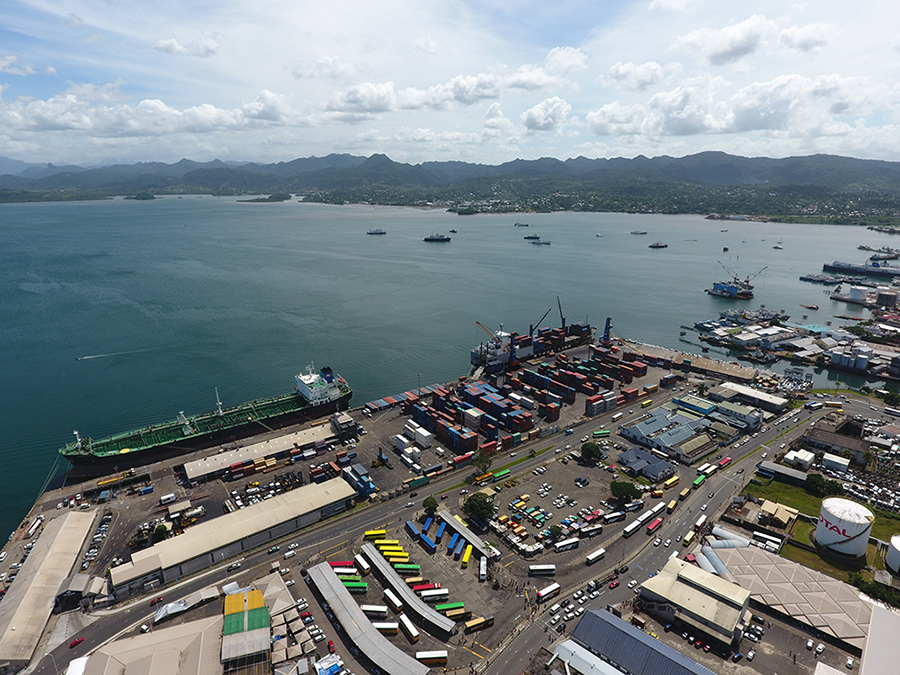Fiji’s Minister for Employment Agni Deo Singh raised serious concerns about the impact of labour mobility on Fijian families, revealing family breakdowns and exploitation by unscrupulous employers.
Speaking at the Protecting Children in the Context of Labour Mobility conference that was held this month in Port Vila, Vanuatu, Singh acknowledged that while the labour mobility schemes in Australia and New Zealand offer economic opportunities, it has also spelt social ills for local families with 74 having been affected by extra-marital affairs, divorces, and lack of financial support from abroad – and some others’ exploited through wage theft and poor living conditions.
“While the percentage is small, it is still a matter of grave concern,” Singh said.
Since 2015, Fiji has sent nearly 13,000 workers to Australia and New Zealand under schemes like PALM and RSC, and Singh notes that this will continue and that developing countries like Fiji cannot halt their citizens’ pursuit of improved living standards abroad.
Singh’s visits to Australia and New Zealand shed light on the conditions faced by Fijian workers.
“Like everywhere else in the world, there are good employers and bad employers,” he said, pointing out the presence of some “very bad employers” in Australia.
These include agents posing as approved employers and exploiting workers. They would recruit workers, place them with host employers, and take a cut from their wages.
“We have the so-called approved employers who come to Fiji that get registered and they recruit. Many of these employers are not host employers, they are agents, so they recruit and put them in the host employers place and they work and I have come to know that all the wages that are paid they only get paid part of it as their commission,”Singh said. “What is promised back here is not the same as the reality on the ground there. Accommodation, we have eight people put in one small room. Not enough space to move. Cooking area not enough space, unhygienic. And the rent, eight people put in a room and charged $160/each per week. Hours of work, sometimes in the horticultural sector they are told in one week there is no job for them to do but still they are to pay for their expenses and it is deducted from their earnings.”
This practice leaves workers frustrated and financially strained.
Singh proposed several measures to address these issues. He suggested implementing mandatory remittances from employers to workers’ families and extending pre-departure training from four days to two weeks to better prepare workers for the realities abroad. Workers have also been encouraged to return home for holidays and stay connected with their families.
“Families need to be reminded too, sometimes there are over-expectations from family members,” he said.









